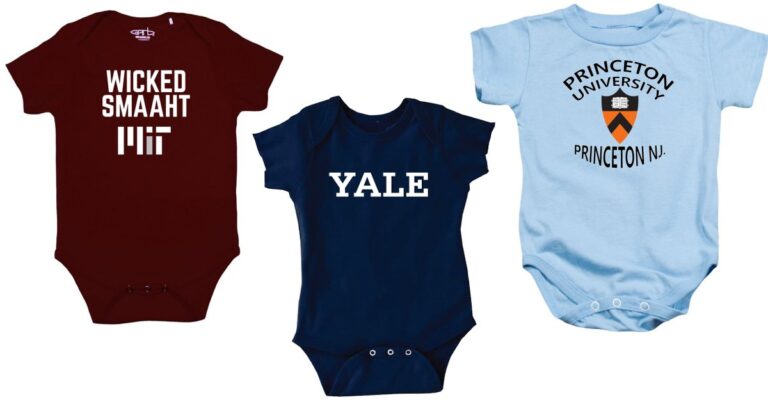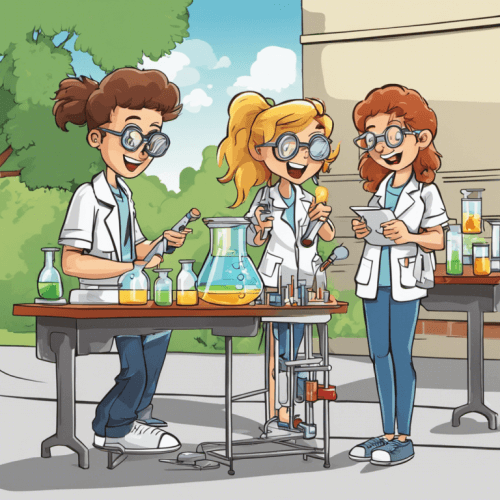
Great teacher recommendations are not given. They are earned.
Most students don’t even think about recommendations until a few months before applying to colleges. Then they contact the teachers they like, failing to consider that these teachers may already be busy with recommendations for other students that asked earlier. After finally finding teachers that accept, they hope these busy teachers will find the time to create a strong recommendation.
There’s a better way. Here are the keys to earning a great recommendation letter.
- Become the type of student that teachers love.
- Learn which teachers write great recommendations.
- Approach these teachers early
- Make their job easier by creating a “brag list” and meeting with them after they agree to write a recommendation for you.
Also, your high school counselor is a essential partner in getting good teacher recommendations and will also write a separate recommendation letter. Therefore you should meet with your counselor early and as often as possible.
How Many Letters To Get
Before we get into the details of how to earn great recommendations, let’s talk about how many you need. Colleges vary in how many letters they want, but the range is from zero to two. Get one from a math or science teacher, and the other from a humanities teacher (e.g. English, foreign language, history), and you will meet the needs for just about any college.
The more recommendations the better, right?
No, more is generally not better. If you already have great letters from your math and history teachers, you are done. Another great letter from a science teacher not only won’t help, but it might annoy the overworked admissions officers who has to spend another few minutes on your application.
There can be times when it is useful to send an additional letter, but first check if the college allows it. If so, here are some examples of when an additional recommendation letter can help:
- You have a major accomplishment in a school activity with someone who wasn’t your teacher. For example, if your debate coach led you to the national championship, but never taught you, that can be a useful third recommendation.
- You’ve done a major project outside of high school. Examples include:
- An impactful event for a charity or a religious organization
- Research projects with a college professor
- A sport outside of school where you have a significant accomplishment
- The letter writer reveals a significant obstacle you have overcome, and that your counselor is unaware of. This is often written by a religious leader or social worker.
But whatever the case, don’t go beyond three recommendations. As much as you might be tempted, don’t do it.
And there is one type of recommendation letter you should absolutely avoid. Never get a recommendation letter from a famous alumni or celebrity unless it is clear that person knows you well. Few things will turn off an admissions officer more than name-dropping in an attempt to influence admission decisions.
Become the Student that Teachers Love
The key to earning a great recommendation is by being the type of student that makes teaching a pleasure. So what type of student makes teaching a pleasure? Here are the key points:
- Be prepared for class: Be sure to complete reading assignments and be ready to discuss in class. Have homework turned in on time.
- Participate wisely: The most helpful student in class is not the one with their hands up most often. It is instead the student that can move the discussion along when the rest of the class gets stuck. Let the other students take the easy questions and be there for the teacher when discussion bogs down.
- Meet with the teacher: If the subject is one that you truly love, meet with the teacher to go beyond classwork. For example, if you love literature, ask the teacher for other book recommendations that you might enjoy.
- Don’t grade grub: Teachers love students who are there to learn. They dislike students who care only about the grade. It is fine to ask a teacher to rescore an exam if there was an arithmetic mistake in scoring or if you truly believe the answer was graded incorrectly. And it’s also ok to ask for extra time to turn in an assignment for a legitimate reason, such as being sick. But otherwise, don’t ask for a grade bump.
- Treat other students well: Be a source of positive energy in the room. In class discussions, build upon other people’s answers when possible. If you are particularly strong in a subject, and time permits, help the weaker students in the class.
The ideal time to learn this behavior is in freshman year. There are two benefits from starting this early. First, if you do this by freshman year, this behavior will be automatic by junior year when it matters most. Second, teachers talk, especially about the students that love learning. Your junior year may begin with teachers already having a positive impression of you when you walk in.
Great Recommendations Even If You Struggle In the Class
Note that I did not mention grades above except to say avoid grade-grubbing. It’s very possible that your best recommendation could from a class where you got a B+. Perhaps your math teacher saw that you were always prepared in class, got the homework in on time, participated the best you could, but just weren’t the type to master Calculus. That can be a great recommendation. Conversely, the class where you successfully pestered the teacher to increase your grade to an A can be a poor recommendation.
Learn Which Teachers Write Great Recommendations
Writing a great recommendation is a skill, and not all teachers have it. But it’s likely that some of your teachers do, and it’s your job as a junior to find out who those teachers are.
How? There are two main ways.
- Ask your high school counselor: You can ask them a question like “I am aiming for highly selective colleges. I was wondering which teachers you think have the most experience in writing recommendation letters for them.”
- Ask seniors. By the time you finish your junior year, you will likely hear where some seniors were accepted to college. Approach those that were accepted to colleges in the most selective tier you are applying to. Ask them who wrote their recommendation letters.
Ask For Recommendations Early
By this point, you have been the type of student that teachers love, and you have learned which teachers write great recommendations. So when should you ask these teachers?
The answer is “as early as you can”. Again, this is a question for your high school counselor. If they say it’s acceptable to ask teachers near the end of your junior year, do so. If it’s ok to ask right after junior year, do so. If the earliest acceptable time is right when you start senior year, do so then. You want to be one of the earliest people to ask the teachers so they have ample time to write a letter for you.
Make Your Teacher’s Job Easier
Most teachers get great satisfaction from seeing a student they love succeed after high school. They want to write the best possible recommendation for them.
Many high schools encourage students to create a “brag sheet” or resume where you highlight your accomplishments. You also want to make sure that your teacher knows where you are thinking about applying for college and your possible career goals. See if you can find a time to meet with your teacher in person to discuss this.






